Search
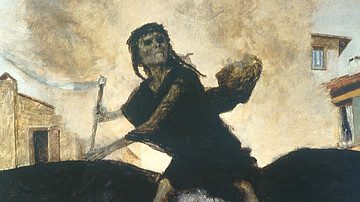
Definition
Black Death
The Black Death was a plague pandemic that devastated medieval Europe from 1347 to 1352. The Black Death killed an estimated 25-30 million people. The disease originated in central Asia and was taken to the Crimea by Mongol warriors and traders...
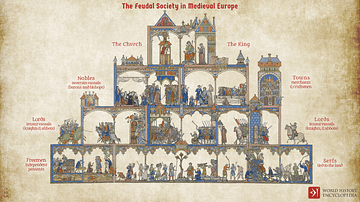
Article
Effects of the Black Death on Europe
The outbreak of plague in Europe between 1347-1352 – known as the Black Death – completely changed the world of medieval Europe. Severe depopulation upset the socio-economic feudal system of the time but the experience of the plague itself...
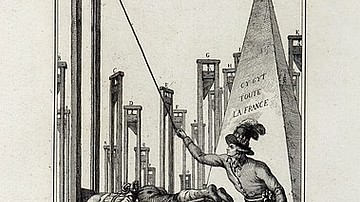
Article
Robespierre & the Death Penalty
"I come to ask, not the gods, but legislators…to erase from the code of the French the blood laws that command judicial murders" (Robespierre, 6). These impassioned words, spoken by Maximilien Robespierre before France's National Constituent...
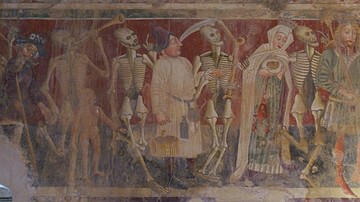
Article
Religious Responses to the Black Death
The Black Death of 1347-1352 CE is the most infamous plague outbreak of the medieval world, unprecedented and unequaled until the 1918-1919 CE flu pandemic in the modern age. The cause of the plague was unknown and, in accordance with the...

Article
Medieval Cures for the Black Death
The Black Death is the 19th-century CE term for the plague epidemic that ravaged Europe between 1347-1352 CE, killing an estimated 30 million people there and many more worldwide as it reached pandemic proportions. The name comes from the...
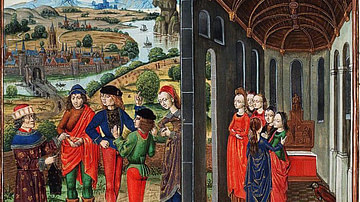
Article
Boccaccio on the Black Death: Text & Commentary
The Black Death is the name given to the plague outbreak in Europe between 1347-1352 CE. The term was only coined after 1800 CE in reference to the black buboes (growths) which erupted in the groin, armpit, and around the ears of those infected...
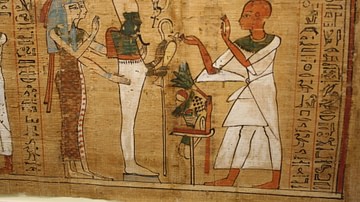
Article
Death in Ancient Egypt
To the ancient Egyptians, death was not the end of life but only the beginning of the next phase in an individual's eternal journey. There was no word in ancient Egyptian which corresponds to the concept of "death" as usually defined, as...
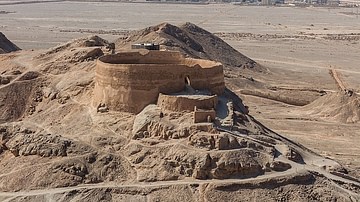
Article
Death and the Afterlife in Ancient Persia
A vision of the afterlife is articulated by every culture, ancient or modern, in an effort to answer the question of what happens after death. Ancient Persia had the same interest in this as any culture of the past or in the present day and...
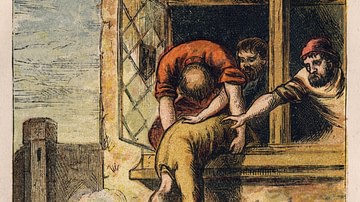
Article
Death of Admiral Coligny
The assassination attempt on Gaspard II de Coligny, Admiral of France (l. 1519-1572) on 22 August 1572 was the spark igniting the St. Bartholomew's Day Massacre beginning on 24 August and continuing in Paris for the next five days and elsewhere...
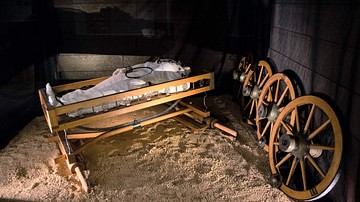
Article
Death, Burial & the Afterlife in the Ancient Celtic Religion
The ancient Celts who occupied large parts of Europe from 700 BCE to 400 CE displayed a clear belief in an afterlife as evidenced in their treatment of the dead. In the absence of extensive written records by the Celts themselves, we are...